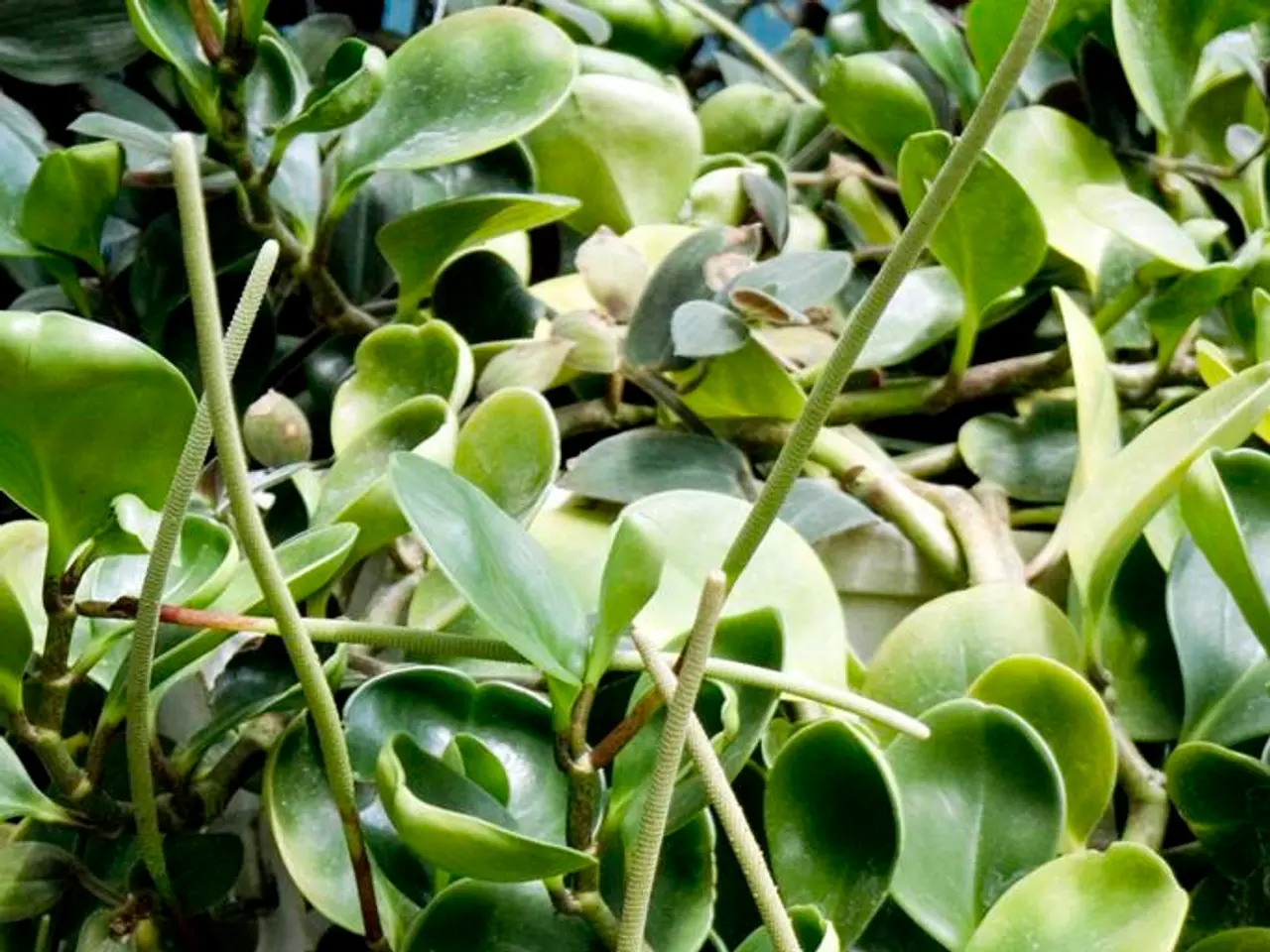Unvoiced Perspective: The Hidden Water Crisis in South Africa - Immediate, Scalable Solutions Needed for Troubled Tap Water
In South Africa, the water crisis deepens as nearly one in two municipalities supply water that could pose a serious health risk. The latest reports show a decline in the performance of South Africa's water systems, with more municipalities falling into critical condition.
The Green Drop Report reveals that 64% of wastewater treatment plants are classified as high or critical risk, while only 14% of South Africa's water supply systems consistently meet good quality standards, according to the Department of Water and Sanitation's 2023 Blue Drop Report.
Decentralised water treatment is emerging as a vital solution due to crumbling infrastructure and shifting population patterns. This approach, which involves treating water at the point of use, is gaining momentum as a form of risk management, as businesses and homeowners increasingly need to treat water on-site to ensure safety.
Private developers are building their own water and wastewater treatment plants in areas where municipal systems cannot support new developments. Investing in decentralised plants can supplement or replace failing municipal systems in high-risk areas.
In Mpumalanga and the Northern Cape, over 60% of audited water systems fail microbiological and chemical compliance tests. This is a concern, as these regions are home to a significant portion of the population.
The technical management score across all provinces is 35.8%. Four out of nine provinces are rated as critical in this area. Improving operator training and technical oversight can lift compliance and performance.
Over 50% of plants in South Africa lack properly skilled technical operators, according to the Blue Drop Report. This skill gap is a major hurdle in maintaining and improving water quality.
Reducing red tape in policy can allow faster implementation of solutions. Streamlining water-use approvals can fast-track projects in areas facing immediate supply challenges. Supporting post-meter treatment allows homes and workplaces to access clean water when municipal systems fall short.
Reducing water consumption and recycling waste streams are increasingly seen as part of responsible business practice, often under the Environmental, Social and Governance (ESG) umbrella. Innovation in wastewater recycling and greywater reuse is gaining momentum, offering a sustainable solution to the water crisis.
Encouraging public-private partnerships can unlock funding and drive innovation. By working together, the government and private sector can address the water crisis more effectively and ensure a safer, more sustainable future for all South Africans.
However, the search results do not provide information on the specific provinces where government and private sectors should focus on improving technical water system operator training capacities to enhance water system performance and compliance with clean drinking water and wastewater standards. This is an area that requires further attention and research.
Read also:
- Peptide YY (PYY): Exploring its Role in Appetite Suppression, Intestinal Health, and Cognitive Links
- Toddler Health: Rotavirus Signs, Origins, and Potential Complications
- Digestive issues and heart discomfort: Root causes and associated health conditions
- House Infernos: Deadly Hazards Surpassing the Flames








